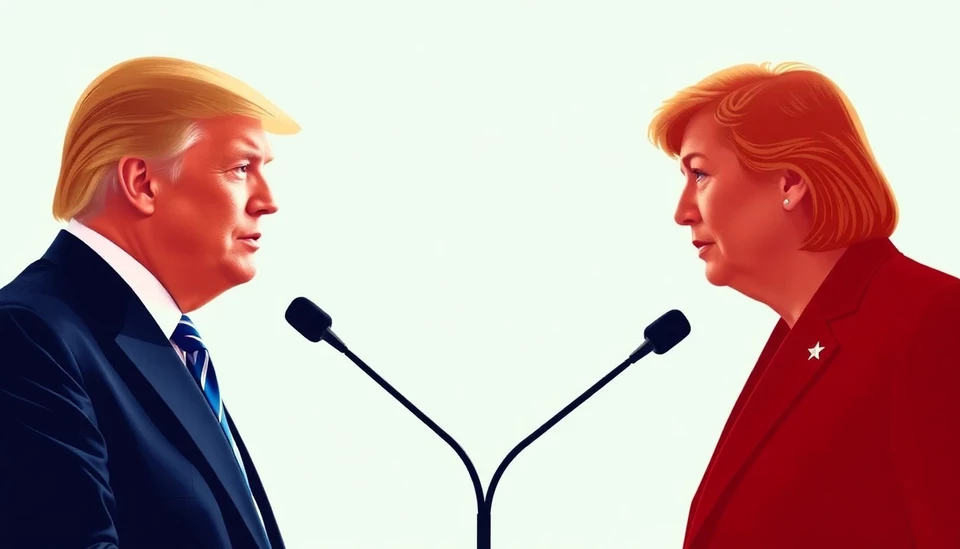
In a recent statement, Canadian Deputy Prime Minister Chrystia Freeland voiced her concerns regarding former President Donald Trump's aggressive posture towards U.S. allies. Freeland emphasized that Trump's approach is representative of a broader trend that sends clear signals to adversaries like China. The comments come as international dynamics continue to evolve amid increasing geopolitical tensions.
Freeland, speaking to reporters, highlighted that the U.S. has long been perceived as a guarantor of stability and security among its allies. Trump's recent rhetoric, according to her, seems to threaten that long-standing perception, raising alarms about the reliability of American leadership on the global stage. She expressed that such a stance is particularly dangerous in light of China's expanding influence and ambitions, which could directly challenge not just Canadian interests but also those of allies worldwide.
The Deputy Prime Minister underscored that it's crucial for allied nations to maintain a united front in the face of rising authoritarianism. She stressed that collaboration among allies promotes shared values and stability, and any deviation from that can be detrimental. In this context, Freeland's remarks serve as a reminder of the intricate balance of power in international relations, notably between democratic allies and non-democratic rivals like China.
Furthermore, Freeland hinted at the challenges ahead, suggesting that the forthcoming geopolitical landscape may demand a shift in strategies from allied nations. The essence of her argument centers on the idea that robust partnerships are vital not only for mutual protection but also for upholding the principles of democracy and safeguarding individual freedoms, which could be threatened by authoritarian regimes.
Trump's previous administrations had marked a departure from established diplomatic protocols, and Freeland's comments indicate concerns about a potential return to these approaches should he re-emerge in political leadership. The implications of Trump's policies and rhetoric go beyond the traditional framework of U.S. foreign relations, potentially emboldening adversaries while discouraging allies.
Freeland concluded her remarks with a clarion call for allies to reinforce their commitments to one another. "We are stronger together, and it is vital that we stand united against challenges that threaten our values and our way of life," she asserted. As global tensions rise, the signal that U.S. policy sends will be closely monitored by both allies and competitors alike.
#Trump #China #Canada #Freeland #InternationalRelations #Geopolitics #Allies #Diplomacy
Author: Rachel Greene




